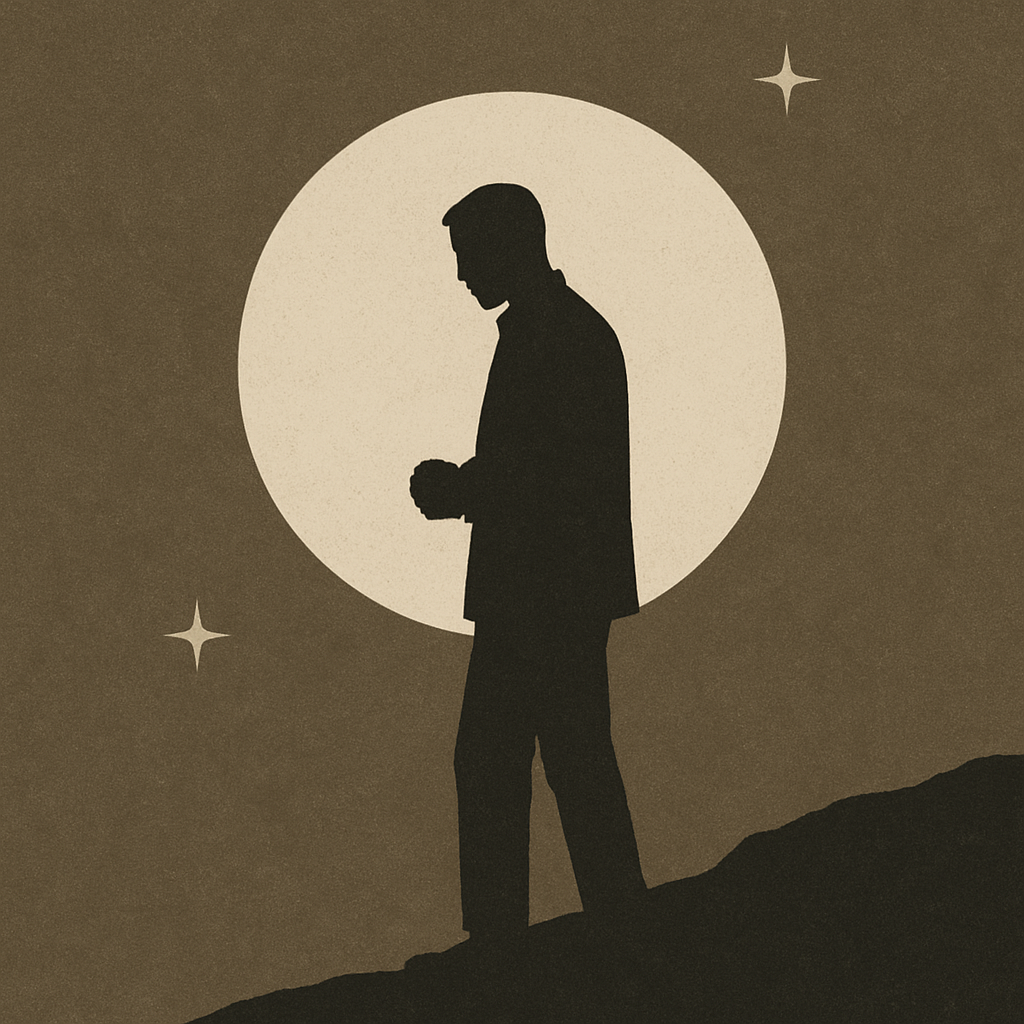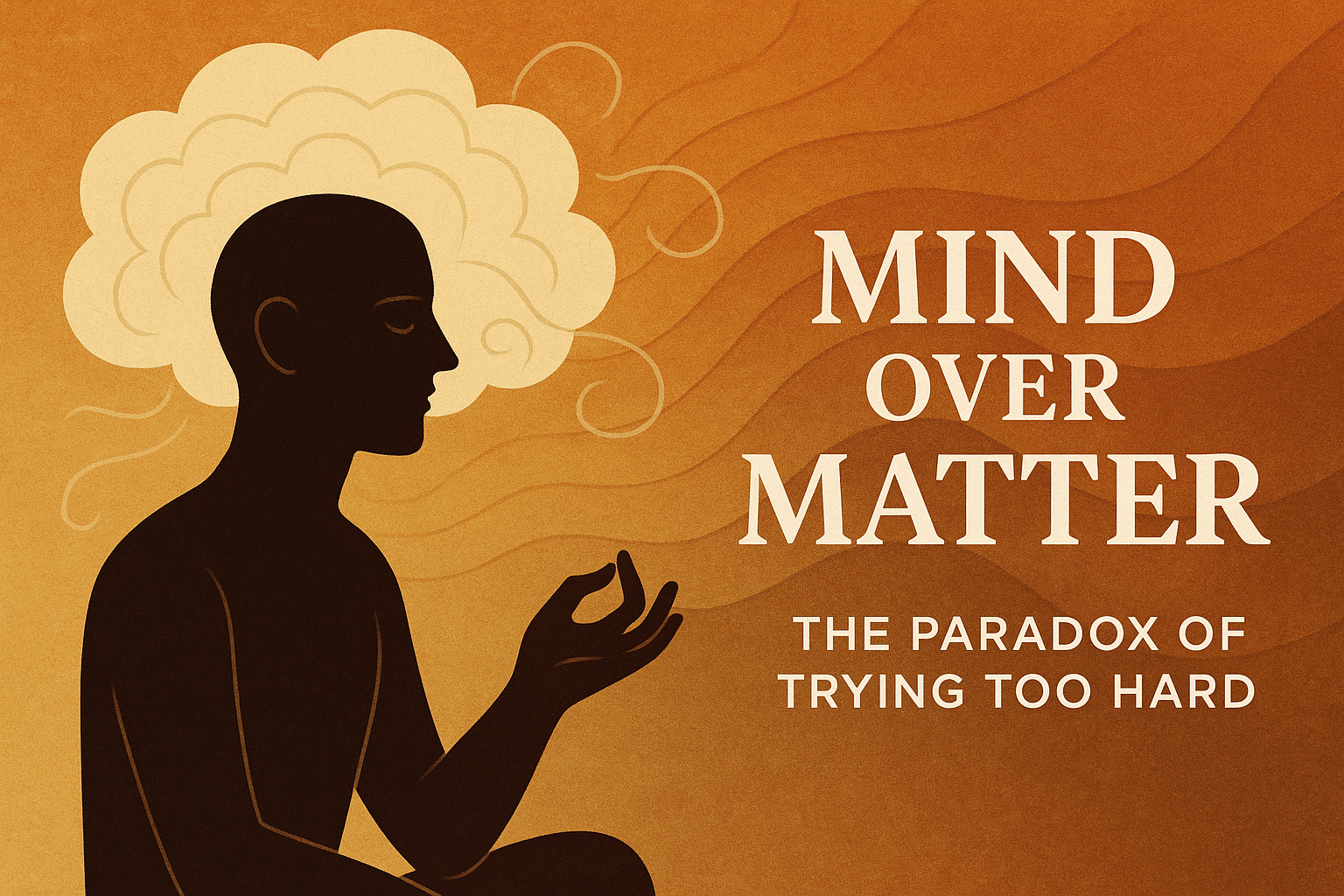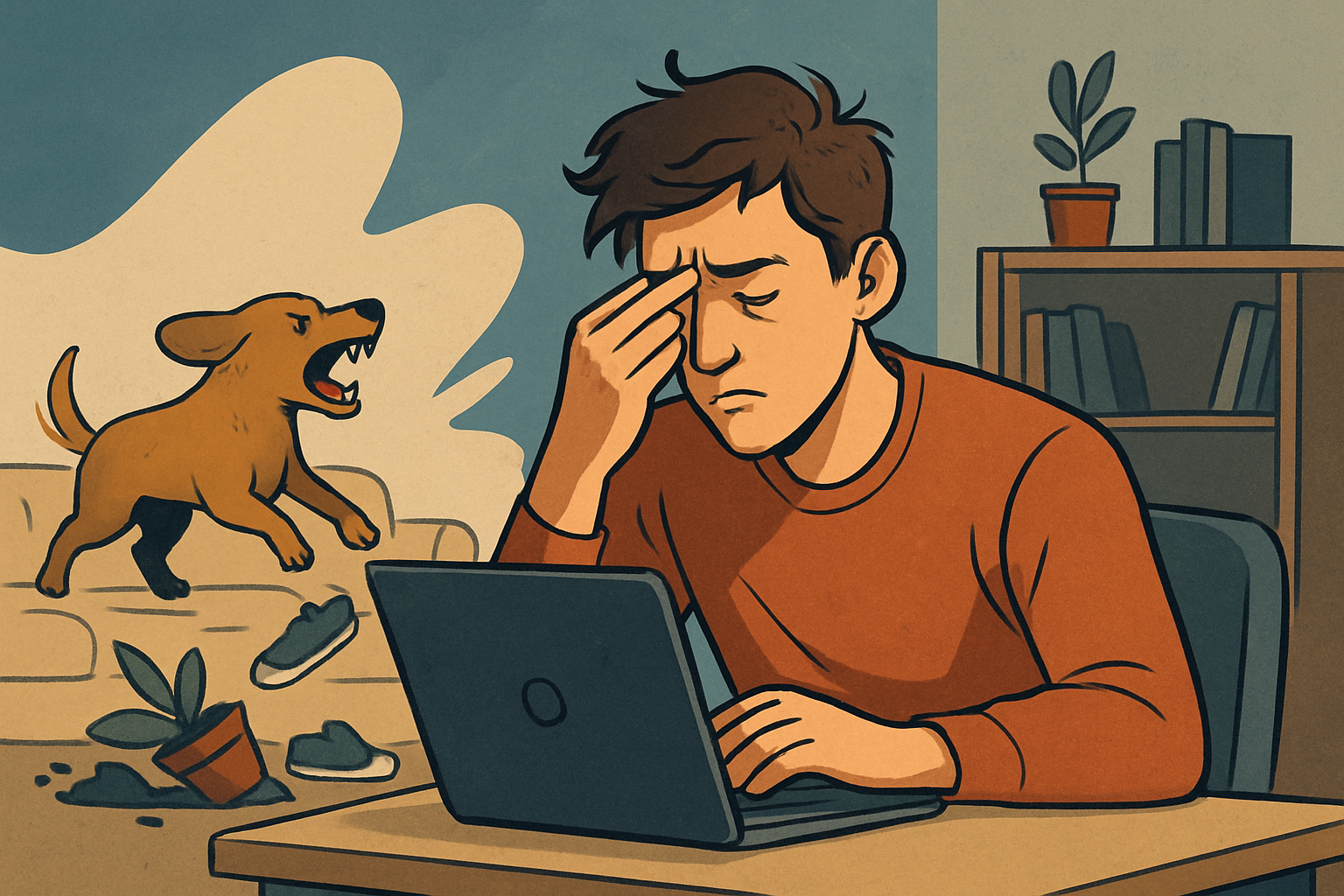Balancing Productivity with Peace of Mind
Strategies for Staying Grounded While Getting Things Done

In today's fast-paced world, the drive for productivity often overshadows our quest for peace of mind. We find ourselves caught in a relentless cycle of tasks, deadlines, and expectations, leading to feelings of overwhelm and burnout. However, it is possible to cultivate a sense of accomplishment while staying grounded in peace. By exploring the balance between taking action and being present, we can learn to navigate our responsibilities without sacrificing our well-being.
The Challenge of Modern Productivity
The modern workplace, fueled by technology and constant connectivity, can make us feel like we should always be "on." This culture of busyness often equates productivity with worth, pushing us to prioritize tasks over our mental and emotional health. When we become overly focused on achieving goals, we may overlook the importance of self-care and the value of slowing down.
The result? A cycle of stress, anxiety, and fatigue that hinders our ability to function effectively. In contrast, peace of mind allows us to approach our tasks with clarity and intention, ultimately enhancing our productivity.
Embracing Mindfulness for Balance
Mindfulness is a powerful tool for finding balance between productivity and peace of mind. By practicing mindfulness, we can develop a heightened awareness of our thoughts, feelings, and surroundings, allowing us to stay present in the moment. This practice not only calms the mind but also fosters a sense of control and direction in our actions.
How to Practice Mindfulness in Daily Life:
- Set Intentions: Begin your day by setting clear intentions for what you want to accomplish. Instead of creating a long to-do list that can feel overwhelming, identify two or three key tasks that align with your goals. This focused approach helps you prioritize what truly matters.
- Take Mindful Breaks: Incorporate short breaks throughout your day to reset and recharge. Use this time to step away from your workspace, take deep breaths, or engage in a brief mindfulness exercise. These moments of pause can enhance your focus and prevent burnout.
- Practice Single-Tasking: In a world that often encourages multitasking, aim to engage in single-tasking. By focusing on one task at a time, you can immerse yourself fully in the work at hand, improving both your efficiency and the quality of your output.
Creating a Peaceful Workspace
Your environment plays a significant role in your ability to balance productivity and peace. Creating a workspace that fosters tranquility can help you stay grounded, even during busy periods.
Tips for a Peaceful Workspace:
- Minimize Clutter: A tidy workspace promotes clarity and focus. Take a few moments each day to organize your desk, removing distractions and unnecessary items.
- Incorporate Calming Elements: Add elements that bring you joy and tranquility to your workspace. This could include plants, calming colors, soothing music, or inspirational quotes that resonate with you.
- Limit Distractions: Identify common distractions in your environment, such as notifications from your phone or computer. Consider using apps that block distractions or setting specific times to check emails and messages.
Setting Boundaries for Well-Being
Establishing boundaries is crucial for maintaining a healthy balance between productivity and peace of mind. It is essential to recognize when to step back and prioritize your well-being.
Ways to Set Boundaries:
- Learn to Say No: Understand that it’s okay to decline additional responsibilities or commitments that do not align with your current priorities. Saying no allows you to focus on what truly matters, preventing overwhelm.
- Designate “No Work” Times: Set specific times during the day when you will not engage in work-related tasks. Use this time to unwind, connect with loved ones, or engage in activities that bring you joy.
- Practice Self-Compassion: Be gentle with yourself during busy periods. Acknowledge that it’s natural to feel overwhelmed at times, and allow yourself to take breaks when needed. Self-compassion fosters a sense of peace, reducing stress and anxiety.
The Joy of Accomplishment
Finding the balance between productivity and peace of mind allows us to experience a sense of accomplishment without burning out. When we approach our tasks with a mindful perspective, we cultivate a deeper appreciation for our efforts, celebrating even the small victories along the way.
Incorporating gratitude into our productivity practice can enhance this sense of joy. At the end of each day, reflect on what you accomplished, no matter how small, and acknowledge the effort you put forth. This practice reinforces the idea that productivity doesn’t have to come at the expense of your well-being.
A Harmonious Approach
Balancing productivity with peace of mind is not only possible but essential for our overall well-being. By embracing mindfulness, creating a peaceful workspace, setting boundaries, and celebrating our achievements, we can navigate our responsibilities with intention and grace.
As you embark on this journey toward balance, remember that it’s okay to slow down and prioritize your mental and emotional health. In doing so, you’ll discover that productivity can coexist harmoniously with peace of mind, leading to a more fulfilling and joyful life. Embrace this balance, and watch as your sense of accomplishment flourishes without compromising your well-being.
Share









